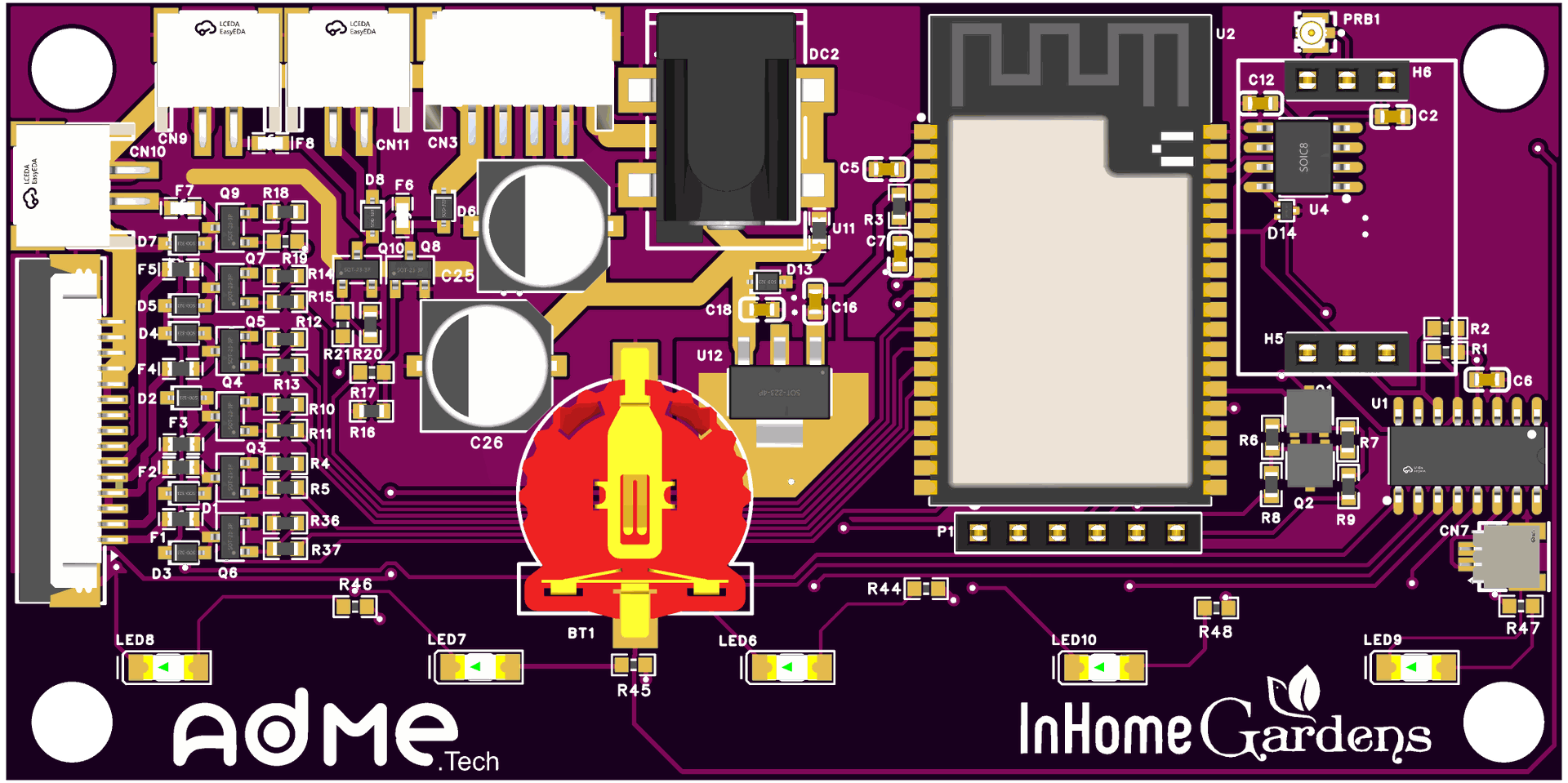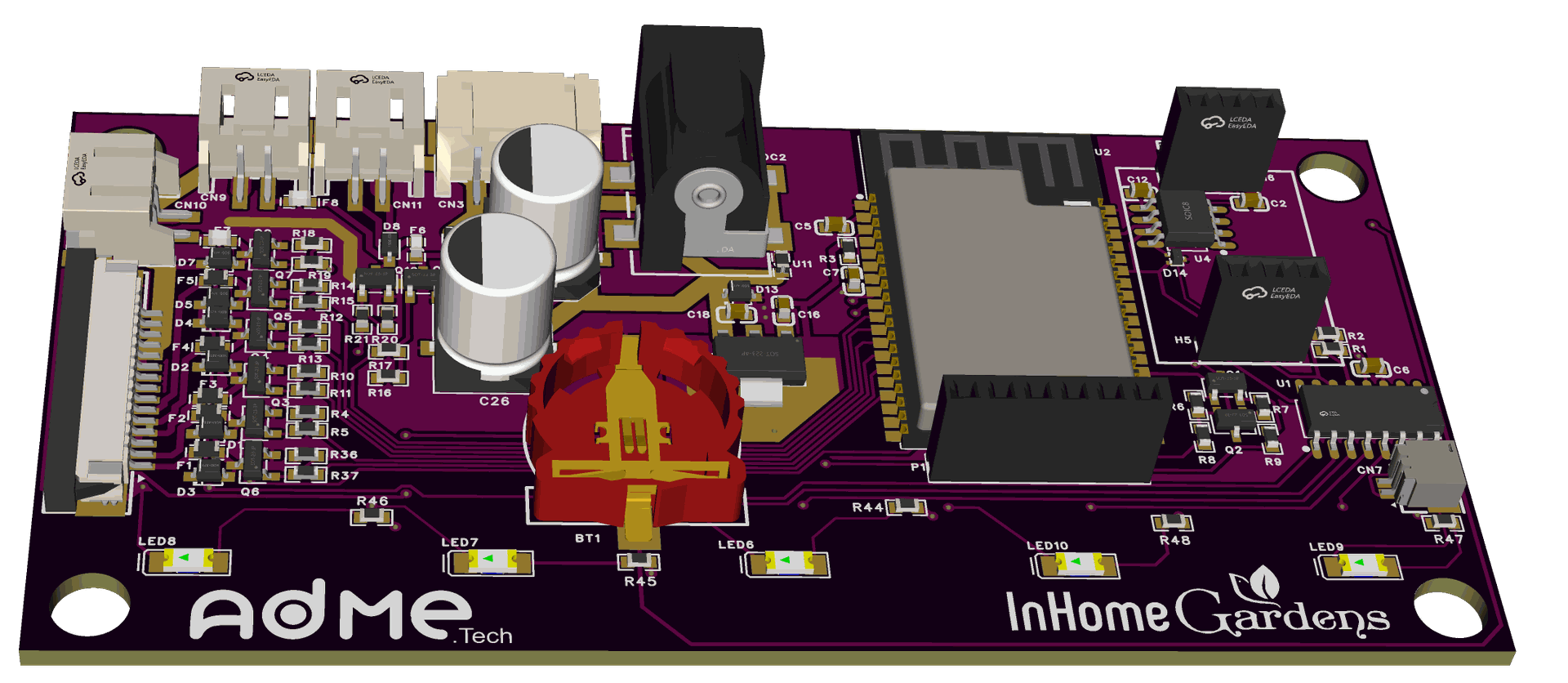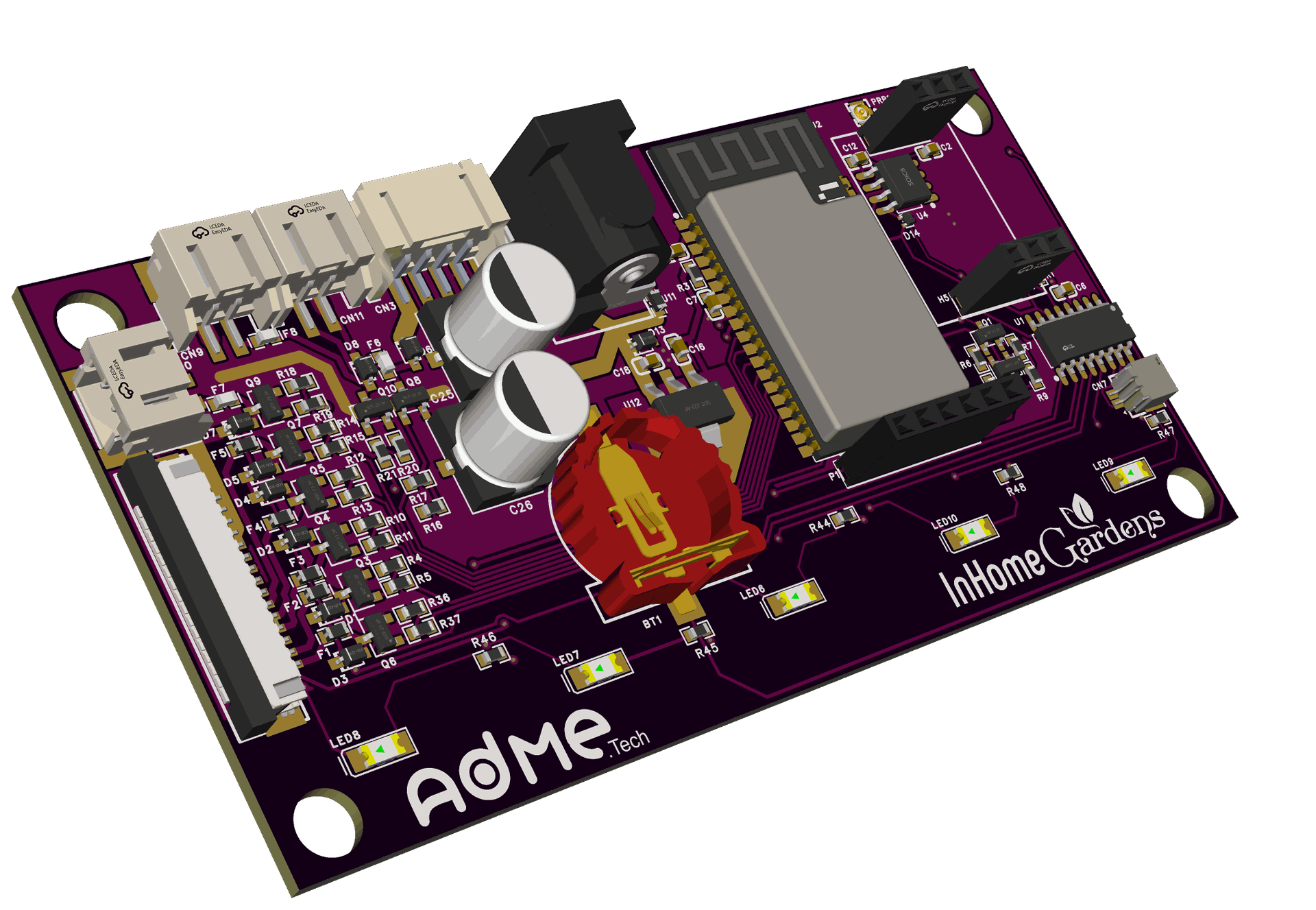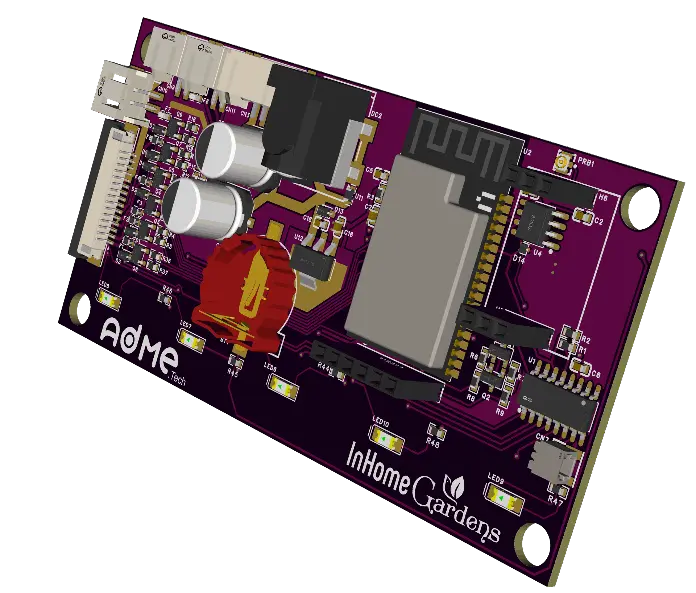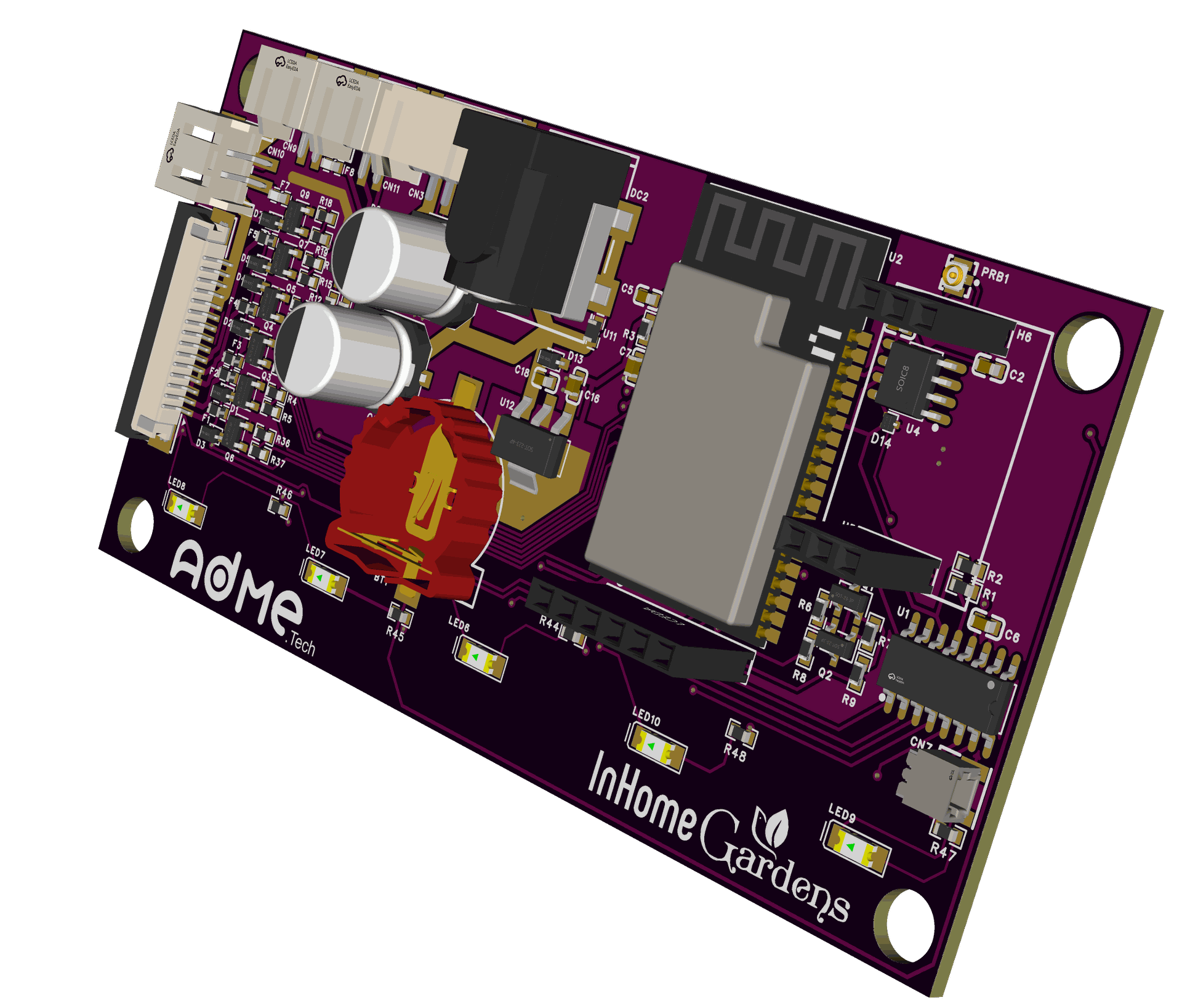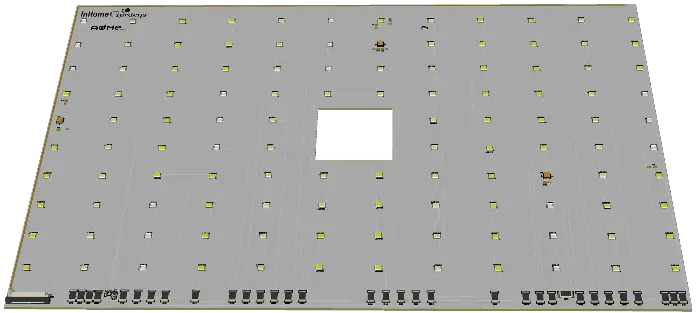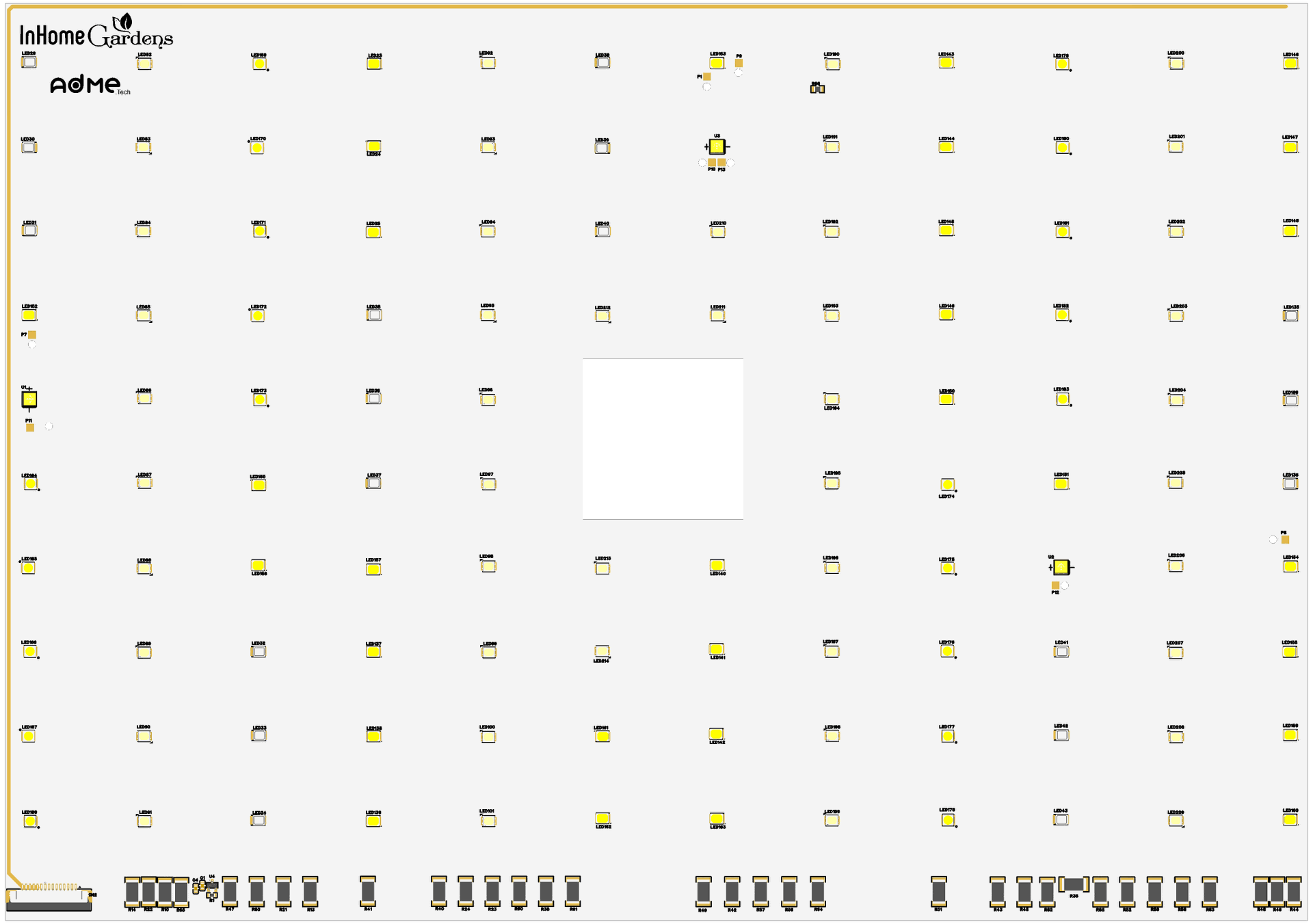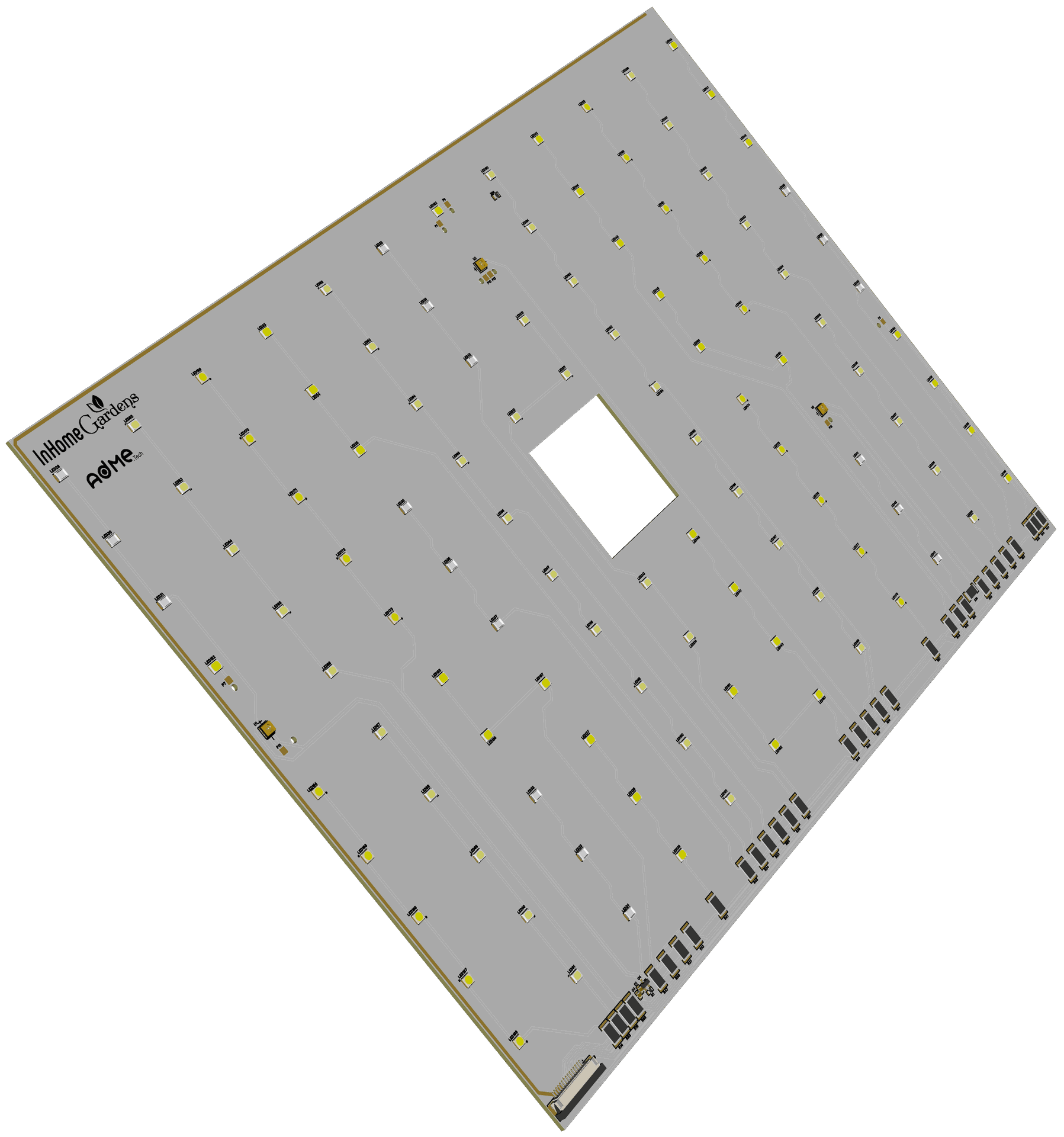A Client Commissioned us to build a proprietary IoT System - for Hassle Free Remote Control and Monitoring of Indoor Commercial Agriculture.
This Indoor Hydroponics System is a system tailored for horticultural applications. It integrates essential components like an RTC for timekeeping, an MCU for processing inputs, and an LED driver for lighting control, ensuring efficient plant growth.
User interaction is facilitated by a touch sensor array, while a coin cell maintains RTC functionality during power loss. Timed water and nutrient pumps, along with temperature sensors, automate environmental control and provide alerts.
With Bluetooth or Wi-Fi connectivity via the ESP32 MCU, users can remotely monitor and adjust system parameters. Our PCB offers customizable scheduling and behavior to optimize plant growth and convenience.
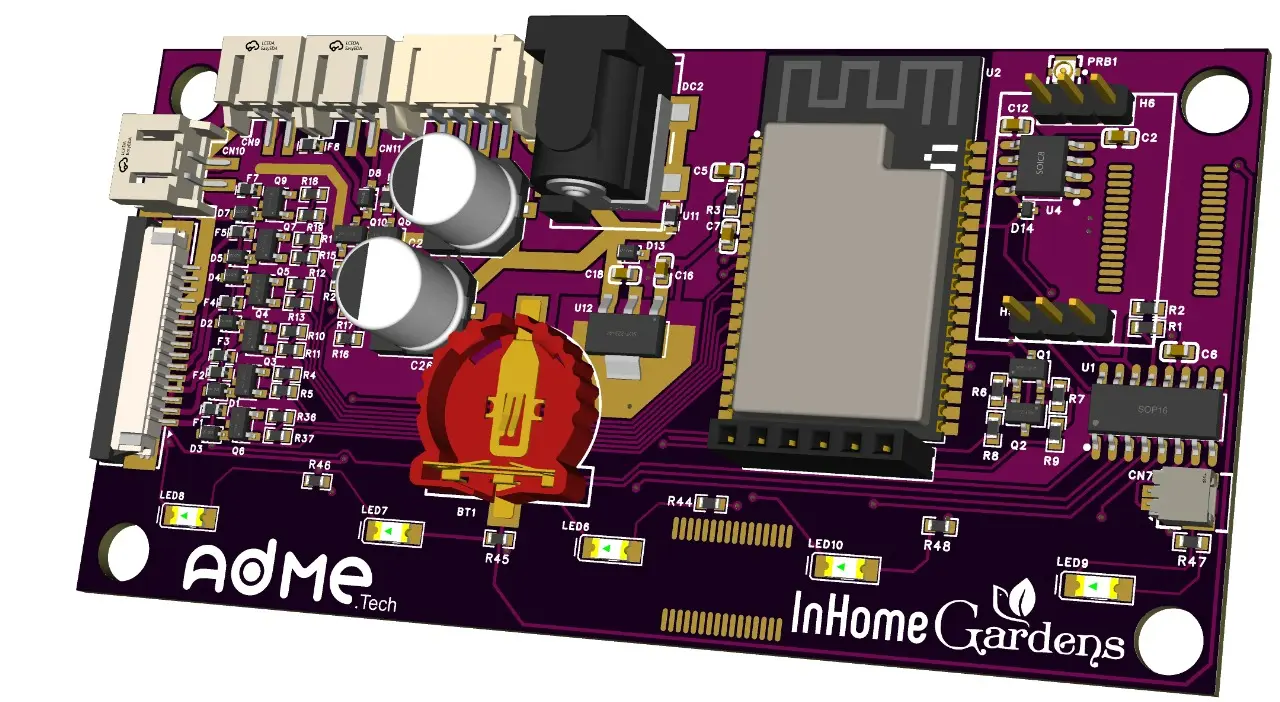
Guided by expertise gained over 20 years of achieving success for clients, we practice with passion and strategic focus on the future.
Guided by expertise gained over 20 years of achieving success for clients, we practice with passion and strategic focus on the future.
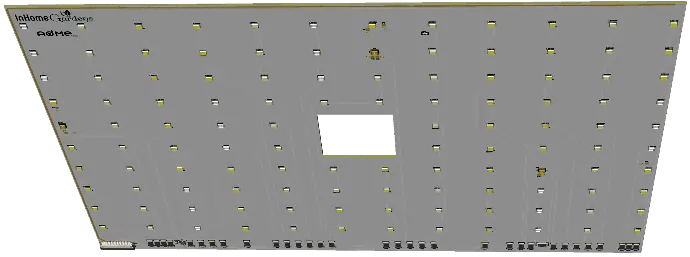
System Components and Design
The Indoor Hydroponics System comprises several key components carefully integrated to create an efficient and user-friendly plant growth environment. At its core, the system utilizes a powerful ESP32 microcontroller unit (MCU) that serves as the central processing hub.
This MCU coordinates various sensors, controls actuators, and manages communication protocols. The system's printed circuit board (PCB) is designed to accommodate these components while allowing for modular expansion and easy maintenance. Each element, from the LED driver to the water pumps, is selected for its reliability and performance in horticultural applications, ensuring that the system can support a wide range of plant species and growing conditions.
Potential and Practical Applications.
The Indoor Hydroponics System offers a wide range of potential and practical applications across various sectors.
In residential settings, it enables urban dwellers with limited outdoor space to grow fresh herbs, vegetables, and small fruits year-round, promoting healthier eating habits and reducing reliance on store-bought produce.
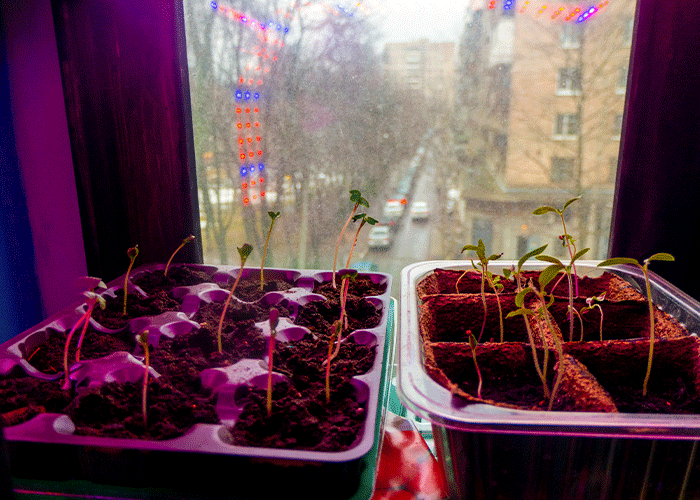
For educational institutions, the system serves as an excellent teaching tool for botany, agriculture, and technology courses, allowing students to gain hands-on experience with modern farming techniques.
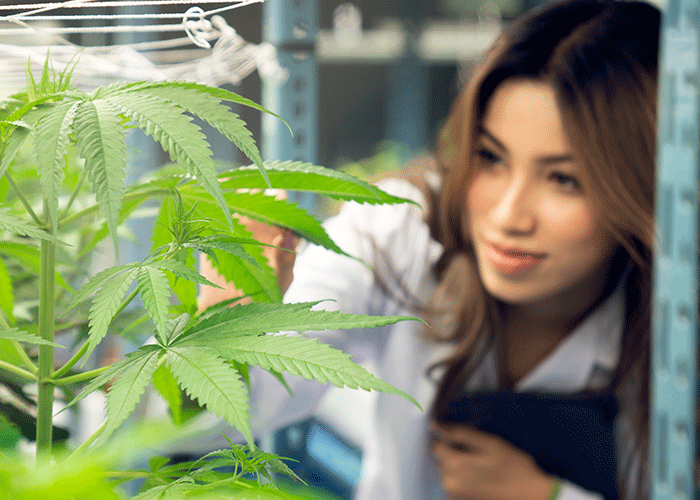
In the commercial sector, restaurants and small-scale farmers can utilize this system to grow specialty crops or maintain a consistent supply of fresh ingredients.
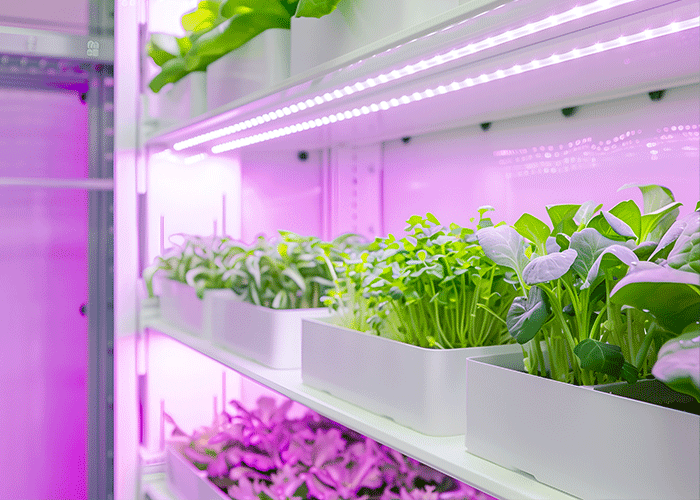
The system's remote monitoring capabilities make it ideal for research purposes, allowing scientists to conduct controlled experiments on plant growth under various conditions. Additionally, in areas with harsh climates or limited arable land, this hydroponics system can contribute to food security efforts by providing a reliable means of local food production.
